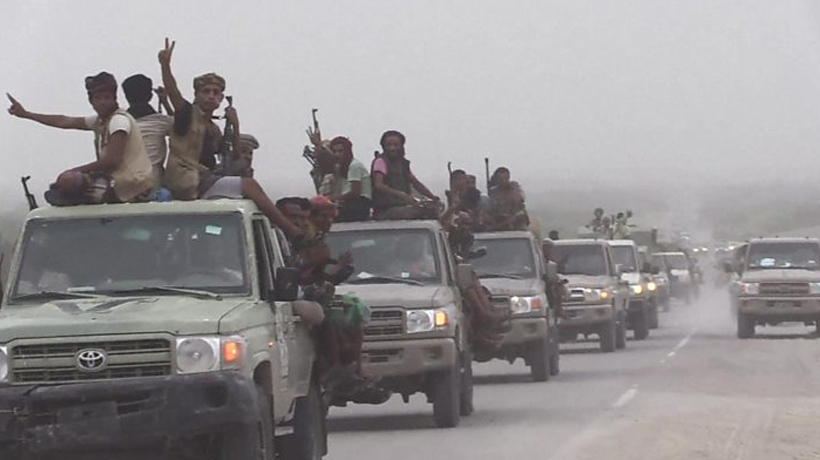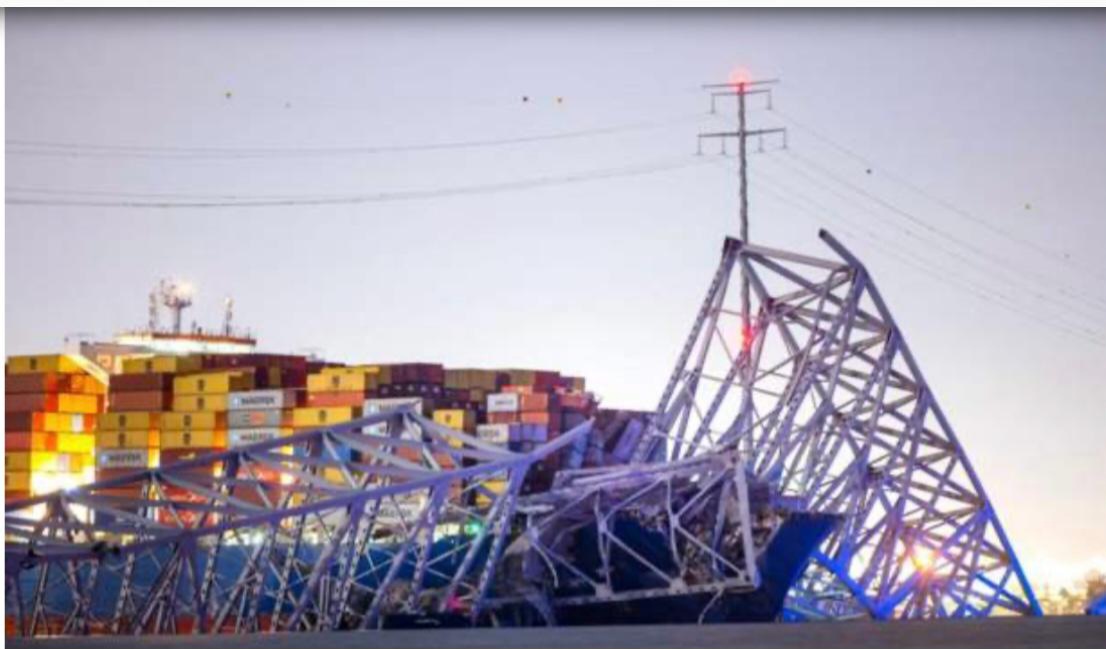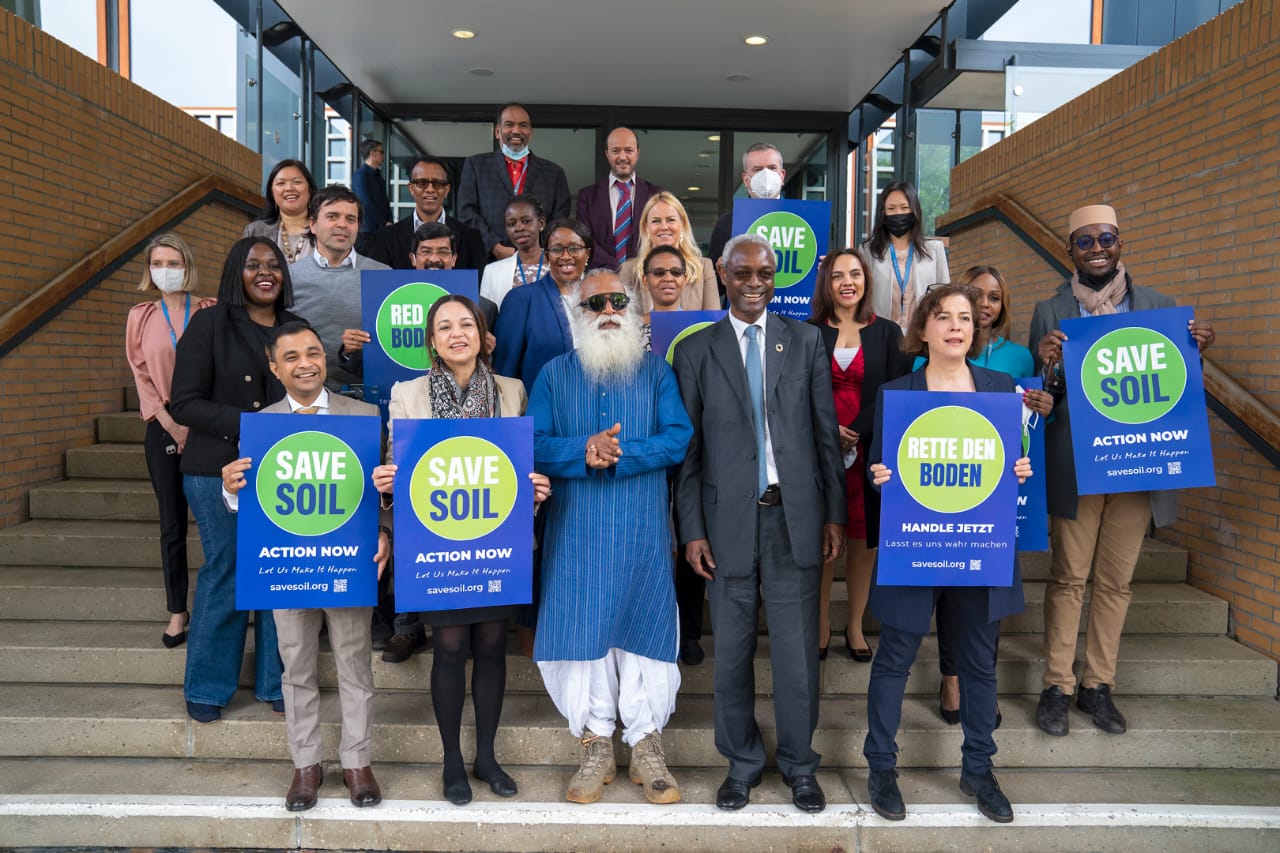Trending Now
- 830 voters names go missing in Kavundampalayam constituency
- If BJP comes to power we shall consider bringing back electoral bonds: Nirmala Sitaraman
- Monitoring at check posts between Kerala and TN intensified as bird flu gets virulent in Kerala
World News
Yemen war: UN calls for vital port of Hudaydah to stay open
![]() June 15, 2018
June 15, 2018
he UN Security Council has reiterated its call for the rebel-held Yemeni port of Hudaydah to remain open after urgent talks on the Saudi-backed offensive.
However, the council rejected a call by member state Sweden for an immediate halt to hostilities.
Pro-government forces backed by a Saudi-led coalition launched the offensive after Houthi rebels ignored a deadline to leave the port city.
Hudaydah is a key entry point for humanitarian aid to war-torn Yemen.
Calm before the storm
By Victoria Bisset, BBC News
In Hudaydah, as in towns and cities across Yemen, the war has affected all aspects of life since it began in 2015.
Yemen was already among the poorest Arab nations, and the conflict is now threatening one of its most populated cities.
Much of the country’s food and medical supplies travel through the port city, making the situation even worse for the millions facing starvation.
Although military operations have not yet reached inside the port city, the sounds of aircraft circling overhead can be heard and residents are tense, a local journalist told the BBC.
The UN Security Council met in a closed-door session on Thursday amid fears that the fighting could result in thousands of civilian casualties and trigger a wider humanitarian crisis.
Ahead of the talks, Swedish UN ambassador Carl Skau said it was time for the council to call for an immediate freeze to the military operation.
There was, however, not enough support to urge Saudi Arabia and the United Arab Emirates (UAE) – which back pro-government Yemeni forces – to halt the offensive.
Instead, council members “reiterated their call for the ports of Hudaydah and Saleef to be kept open”, said Russian ambassador Vassily Nebenzia, who holds the council presidency.
He said Security Council members were “united in their deep concern about the risks to the humanitarian situation”.
Heavy fighting has been reported since the offensive began early on Wednesday and pro-government forces are within 2km (one mile) of the city’s airport, Emirati officials said.
Houthi positions have come under fire from Arab warships and aircraft. On Thursday, coalition Apache attack helicopters bombed a coastal area near the airport, residents told Reuters news agency.
Learn more about Yemen’s war
“The fighting is getting close to the al-Manzar area near the airport and people are fleeing in fear,” said Mohammed Abdullah, who works for the city’s Houthi administration.
“My family left for Sanaa [the capital] yesterday but I stayed behind alone to protect our home from looters,” he added.
Medical sources quoted by AFP news agency said 30 Iranian-backed Houthi rebels had been killed on Thursday and nine pro-government soldiers.
Ambulances evacuating the dead and wounded were seen heading away from the airport as reinforcements moved towards the front line, an AFP correspondent reported. The UAE said on Wednesday that four of its soldiers had been killed.
Yemen’s foreign minister Khaled Alyemany said on Thursday that forces were holding off an advance on the port area amid concern that the flow of aid could be affected.
“We are in an area close to the airport, but not to the sea port,” he told a news conference in the UAE.
“We are not planning to destroy the infrastructure,” he added.
The UN’s World Food Programme said the port was still operational but fears were growing for those in desperate need of aid.
Executive director David Beasley urged all parties “to meet their obligations to protect civilians and civilian infrastructure and take active steps to respect international humanitarian law”.
Meanwhile, Saudi-owned news channel al-Arabiya said Yemeni President Abdrabbuh Mansour Hadi had returned to the temporary capital of Aden to oversee the battle for Hudaydah.
“The hour of victory is close and the return of justice is nearing that will lead to the triumph of the will of the Yemeni people,” he was quoted as saying on his arrival.
The government has spent much of its time in neighbouring Saudi Arabia since Houthi rebels seized control of Sanaa and other areas in the north-west of the country in late 2014.
In March 2015 Saudi Arabia and eight other mainly Sunni Muslim Arab states launched a military campaign to restore Mr Hadi’s government after becoming alarmed by the rise of the Houthi group which they see as an Iranian Shia Muslim proxy.
























